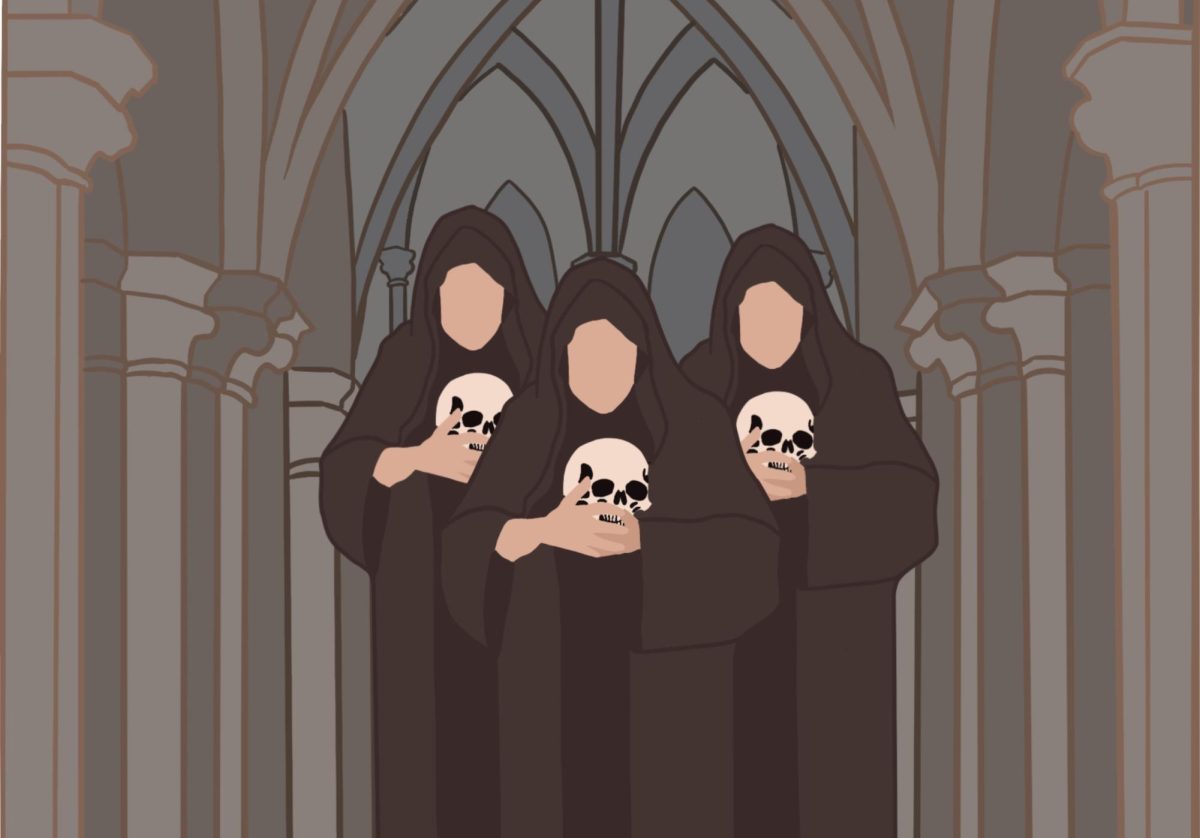Last Monday morning, police in Durham, N.C., reported an industrial spill in which approximately 28,000 gallons of raw sewage overflowed into the streets because of a “grease blockage.” Officials, insisting the freak accident posed no serious environmental hazard, hastily cleaned up the spill with a construction crew pumping the sludge back underground and haphazardly disinfecting nearby property and people.
I challenge any English major worth his or her weight in Michel Foucault first editions to conjure up a better metaphor for the current sorry state of U.S. collegiate athletics. Like a clogged, old sewer pipe, we ignore the incoming slurry until it’s too late. We feign shock at the latest scandal or high-profile arrest, a few martyred lambs are sacrificed outside the arena to appease the NCAA gods, and then everyone does their best to look the other way all over again.
Remaining resolutely uncynical about college sports is akin to relocating Eden: It’s damn near impossible. Negligent administrations, corrupt athletes, complicit coaches, personal entitlement run amok, unchecked cheaters and accountability-free boosters – it’s the type of abhorrent moral cesspool that makes that old Shaq star-vehicle “Blue Chips” look like a documentary.
If mollycoddled college sports programs were treated like the for-profit businesses they are, Tyco’s Dennis Kozlowski might make the short list for canonization. But that doesn’t explain how our own fair University has sunk to the level of subsidizing an athletics academic counseling and student services unit that includes two computer labs, in-house tutors and a study hall.
I realize this is an unpopular and borderline taboo subject to breach around these parts, but wasn’t this the school where in 1999 investigators found that 20 basketball players turned in classwork that wasn’t theirs? Just checking.
Those rare, brave souls with enough courage to sound the early alarm bells aren’t exactly getting a ticker tape parade for their efforts either. Linda Bensel-Meyers, a rhetoric professor at the University of Tennessee, had her office broken into after revealing that athletes were turning in plagiarized papers. In response to rape charges brought by female ex-Buffalos kicker Katie Hnida, University of Colorado coach Gary Barnett idiotically said she was a terrible player anyway.
Sports and their absurdly lucrative television contracts have become the tail that wags the school’s dog. Enter the student as consumer concept born in the greedy, amoral days of the 1980s. Grade inflation and cattle call lectures became de rigueur as shiny million dollar student centers were erected while dusty libraries quietly rotted.
Members of Kansas State men’s basketball starting lineup are given portable DVD players (retail price: $399.95) for away games while relaxing on their private jet. Kansas State is considering cutting $50,000 from student health, $290,000 from housing, $92,000 from parking services and $1.48 million from research.
Sports are not inherently evil. Many the oppressed minority have used scholarships as a means to become successful lawyers, doctors or even professors. And if the women’s Gophers’ foray into the Final Four decreases sexism in this town by one iota, you won’t hear me complaining.
I like the idea raised three years ago during a National Public Radio interview with former University President Ken Keller, who had the guts to expel three Gophers basketball players accused of rape in 1986. Why not have the Big Ten agree to make first-year students ineligible to play? New students get used to the time demands of a full course load and athletes with no real interest in school would drop out and move on.
Business as usual shouldn’t be the sporting way here in the United States. But, as the poet Terry Kettering wrote, “We talk about the weather. We talk about work. We talk about everything else – except the elephant in the room.”
Nathan Hall welcomes comments at nhall@mndaily.com







